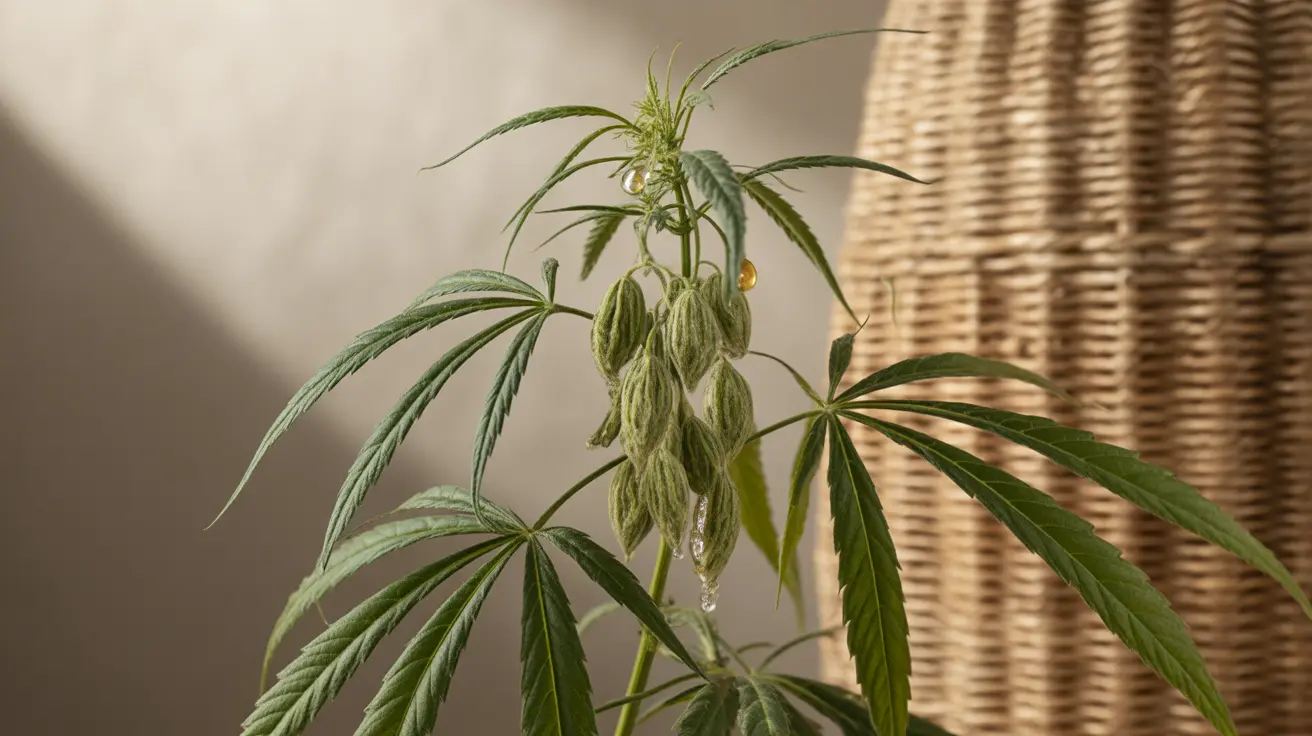Hemp has emerged as a versatile plant with numerous applications in health, wellness, and industry. As interest in natural remedies and sustainable materials continues to grow, understanding hemp's properties, benefits, and legal status becomes increasingly important for consumers making informed decisions about their health and lifestyle choices.
This comprehensive guide explores everything you need to know about hemp, from its relationship to marijuana to its various uses and safety considerations. We'll examine the science behind hemp products and help you navigate the complex landscape of hemp-derived supplements and materials.
Understanding Hemp and Its Distinct Properties
Hemp is a variety of the Cannabis sativa plant species that contains minimal amounts of THC (tetrahydrocannabinol), typically less than 0.3% by dry weight. This crucial distinction sets it apart from marijuana and makes it non-intoxicating, meaning it cannot produce a "high." Hemp is primarily cultivated for its fiber, seeds, and CBD content.
The plant's versatility extends beyond health applications, as it's used in textiles, building materials, paper products, and even biofuel. Its rapid growth rate and environmental benefits make it an increasingly popular sustainable resource.
Legal Status and Regulations
The 2018 Farm Bill marked a significant turning point for hemp in the United States, federally legalizing its cultivation and sale when containing less than 0.3% THC. This legislation opened the door for widespread hemp production and CBD product development, though regulations vary by state.
Despite federal legalization, the FDA continues to monitor hemp-derived products, particularly those containing CBD. Understanding current regulations is essential for both consumers and producers in the hemp industry.
Health Benefits and Applications
Hemp Seeds and Oil
Hemp seeds are particularly nutritious, containing:
- Complete protein with all essential amino acids
- Healthy omega-3 and omega-6 fatty acids
- High fiber content
- Various minerals including iron, zinc, and magnesium
CBD Products
Hemp-derived CBD has gained popularity for various potential benefits, including:
- Stress and anxiety management
- Pain relief
- Sleep support
- Inflammation reduction
- Skin health improvement
Safety Considerations and Quality Control
When choosing hemp products, consider these important factors:
- Third-party laboratory testing results
- Source of hemp (organic vs. conventional farming)
- Extraction methods used
- Company reputation and transparency
- Product concentration and purity
Quality control is particularly important as the hemp market continues to expand, making it crucial to purchase from reputable manufacturers who provide detailed product information and testing documentation.
Frequently Asked Questions
What is the difference between hemp and marijuana, and can hemp get you high?
Hemp and marijuana are different varieties of the Cannabis sativa plant. Hemp contains less than 0.3% THC by law and cannot produce psychoactive effects or get you high. Marijuana, conversely, contains higher THC levels and can cause intoxication.
Are hemp-derived CBD products legal in the United States, and what are the current regulations?
Hemp-derived CBD products containing less than 0.3% THC are federally legal under the 2018 Farm Bill. However, regulations vary by state, and the FDA continues to oversee CBD product claims and safety. It's important to check local laws and regulations.
What are the potential health benefits of using hemp products, such as CBD oil or hemp seeds?
Hemp products offer various potential health benefits. Hemp seeds provide essential nutrients, protein, and healthy fats. CBD oil may help with anxiety, pain, sleep, and inflammation. However, individual results can vary, and research is ongoing.
Can using hemp or CBD products cause you to fail a drug test?
While pure hemp products should not cause a failed drug test, full-spectrum CBD products containing trace amounts of THC might trigger a positive result. It's advisable to use broad-spectrum or CBD isolate products if drug testing is a concern.
How can I choose a safe and high-quality hemp product for my health needs?
Look for products from reputable manufacturers that provide third-party lab testing results, clear ingredient lists, and transparent sourcing information. Consider the product's intended use, concentration, and any specific certifications. Consult healthcare providers before starting any hemp-based supplement regimen.




